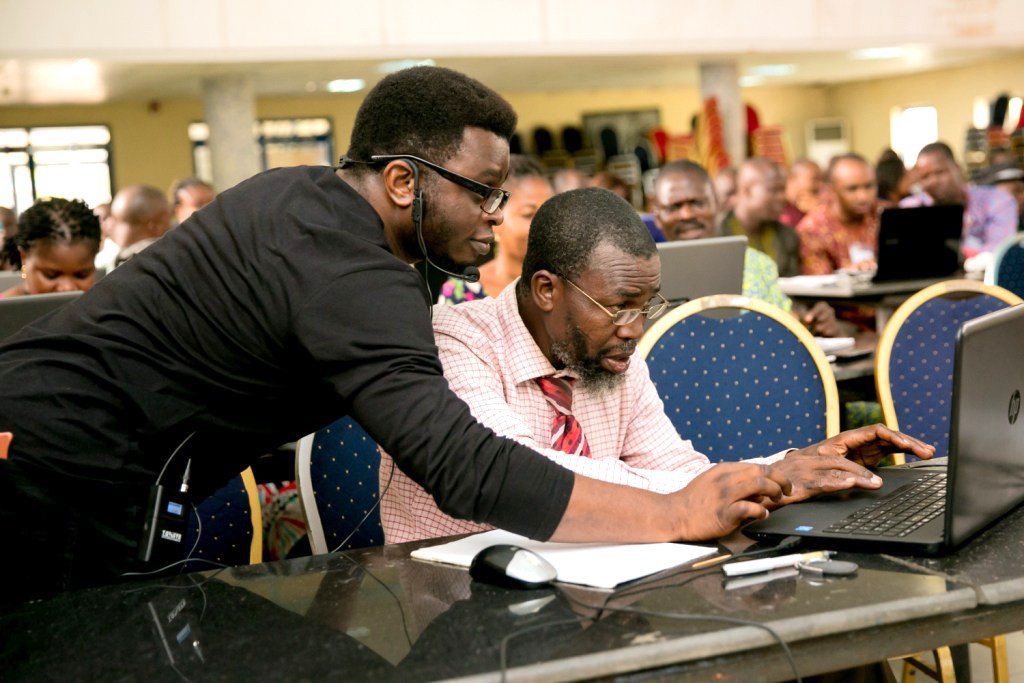Affordability seen a barrier to Internet access in Nigeria
August 1, 20171.9K views0 comments
Nigerians’ access to the Internet has been plagued by affordability, just as awareness and use of zero rating remains low in Nigeria, according to a Mozilla-backed research carried out by Research ICT Africa.
The research finds that significant barriers to Internet access remain in four African countries – Rwanda, Kenya, Nigeria and South Africa – with Nigeria’s bordering on affordability.
Specifically, the research finds that Nigerians still enjoy some of the cheapest data prices in Africa but the cost of buying an Internet enabled device remains high, that though the price of brand new smartphones keeps dropping and they can be bought for as low as $20, affordability challenges persist.
According to the research, many non-users want to use a ‘big phone’ (a smartphone) and would rather wait until they can afford one than use a more limited version of the Internet.
Read Also:
- Access Bank UK hosts Polo Day to raise education funds
- The conundrum in Nigeria vs. Dangote Refinery drama
- Nigeria’s Abuja among Uganda Airlines’s new expansion routes
- Airbus highlights Nigeria’s huge market potential on population, GDP
- Focus for the week: HY’24 Nigeria Oil & Gas Outlook: Hanging on a…
“Even in a country with some of the lowest rates for data and devices in Africa, the cost of buying a smartphone in Nigeria is still a challenge for many,” Alison Gillwald, executive director, Research ICT Africa, said
“Affordability gets disproportionate attention, but we need to do much more to improve digital literacy and supply side issues like network quality and speed.”
According to Jochai Ben-Avie, senior global policy manager at Mozilla, the research demonstrates that Nigerians want access to all of the Internet, not just some parts of it,” adding “If we’re to bring all the Internet to all people, we need to do more to improve digital literacy and understanding of the Internet, especially among low-income individuals and those in rural and deep rural communities. At Mozilla we believe in equal rating for all Internet users so that this shared global resource is not held hostage by the wealthy.”
See also: Silicon Valley CEOs look to Africa as the next tech frontier
The research also indicate that zero rated services (subsidized services) are still relatively new to the Nigerian market, with Airtel launching Facebook’s Free Basics and Facebook Flex only last year.
It states that uptake of zero rating varied across the continent, that awareness was low and scepticism of free services was high in Nigeria, whereas in Rwanda bundles with unlimited WhatsApp and Facebook were very popular.
In Kenya and South Africa, the zero-rated services were welcomed for their cost-reducing nature.
For Nigeria, there is a general belief that mobile network operators charge a hidden tariff, and whatever airtime is on the phone will be eventually deducted by the operator if one subscribes to a subsidized service, claims the research.
It contends that many rural users see the Internet as their access to the civilized world and the gateway to the places around the globe where they have friends and family.
Overall the research states that awareness and use of the Internet has gained traction especially as social interactions, business or career enabler, and majority of participants, whether in rural or urban areas, rank the purchase of data high on their personal expense list.
The latest data released by the NCC, the industry regulator, show that internet subscriptions stood at 91.6 million in June, representing a year-on-year contraction of -1.9 percent. The figure implies density of 50 percent in a population estimated at 185 million, placing Nigeria well above the African average of around 16 percent as estimated by McKinsey.
In June, there were only about 34,000 new Internet subscriptions when compared with the previous month.
MTN again accounted for the largest share (35%) of total Internet subscriptions. Meanwhile, we noticed a -2.3 percent month-on-month reduction in subscriptions on 9Mobile’s network (formerly Etisalat). For the latter, this may be related to its recent debt servicing issues.
Data consumption is steadily rising as Internet service providers are increasing their market share, hence the sluggish pickup in subscription for the mobile network operators.
Follow Businessamlive on Twitter and Facebook.
